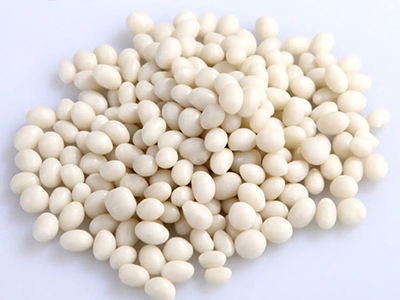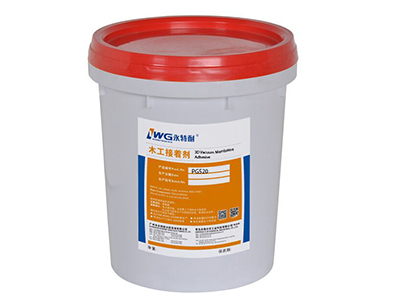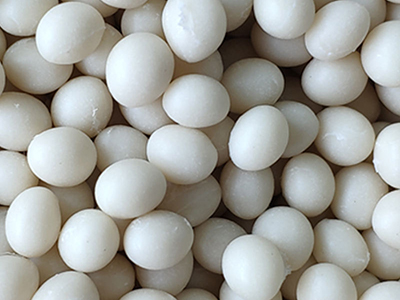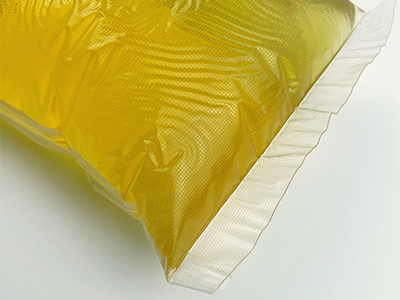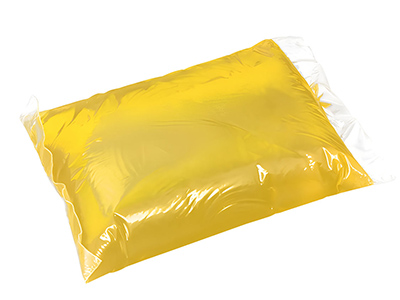Introduction:
EVA glue, also known as ethylene-vinyl acetate glue, is a widely used adhesive known for its versatility and bonding properties. It is commonly used in industries such as packaging, woodworking, crafts, and general assembly. In this article, we will discuss the advantages and disadvantages of EVA glue, providing a comprehensive overview of its strengths and limitations.
Advantages of EVA Glue:
Versatility: One of the primary advantages of EVA glue is its versatility. It can bond a wide range of materials, including wood, fabric, paper, plastic, and foam, making it suitable for various applications in different industries.
Quick Drying: EVA glue has a relatively fast drying time, allowing for efficient production processes. It forms strong bonds within minutes, reducing assembly and waiting times.
Transparency: EVA glue dries to a transparent or translucent finish, making it suitable for applications where a clear bond is desired. This is particularly useful in crafts, where aesthetics are important.
Ease of Use: EVA glue is user-friendly and easy to apply. It is available in various forms, such as sticks, pellets, or liquid, allowing for different application methods based on the project requirements.
Non-Toxic: EVA glue is generally considered safe to use, as it is non-toxic when dry. This makes it suitable for applications involving children or projects where safety is a concern.
Disadvantages of EVA Glue:
Heat Sensitivity: EVA glue is susceptible to heat, which can cause the bond to weaken or even fail. It is not recommended for applications exposed to high temperatures or prolonged heat exposure.
Limited Water Resistance: While EVA glue offers decent resistance to moisture, it is not entirely waterproof. Prolonged exposure to water can cause the bond to weaken, making it unsuitable for applications that require high water resistance.
Lower Strength: Compared to some other adhesives, EVA glue may have a lower tensile strength and shear strength. It may not be the ideal choice for heavy-duty applications or those that require extremely high bond strength.
Longevity: Over time, the bond created by EVA glue may become less durable, particularly under stress or extreme conditions. This may result in the need for periodic reapplication or reinforcement.
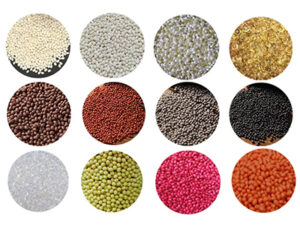
Conclusion:
EVA glue offers numerous advantages, such as versatility, quick drying time, ease of use, and transparency. It is widely used in various industries and is considered safe for most applications. However, it does have some limitations, including heat sensitivity, limited water resistance, lower strength compared to other adhesives, and potential decrease in longevity over time.
When considering EVA glue for a specific project, it is important to evaluate the requirements, materials involved, and intended conditions of use. By understanding both the advantages and disadvantages, you can make an informed decision regarding its suitability for your particular application.


